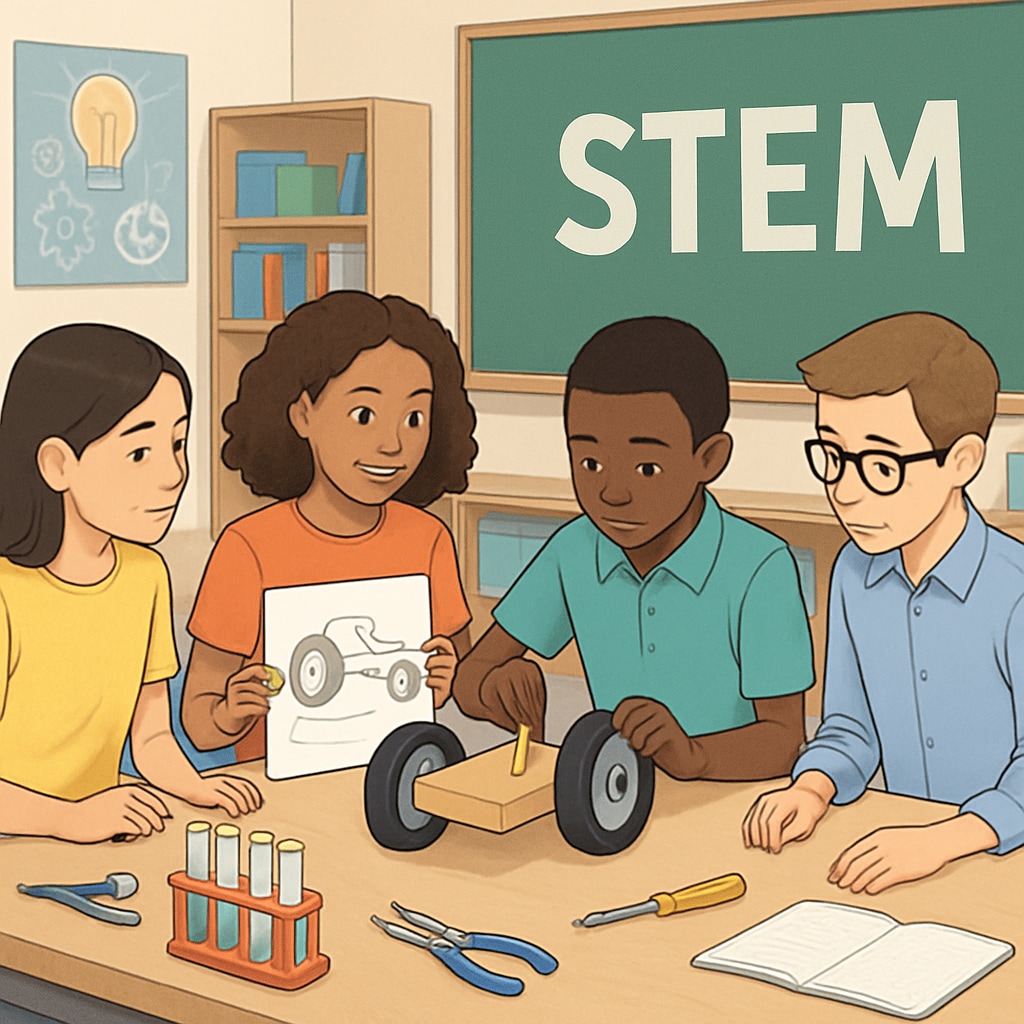Collaboration between K12 educators and University of California (UC) employees offers a strategic way to address pressing challenges within the education system. By leveraging the expertise and resources available within the UC system, teachers and administrators can unlock innovative solutions to improve both teaching quality and student outcomes. This article delves into the value of cross-level collaboration, outlines the benefits of consulting with UC experts, and provides actionable strategies for establishing effective partnerships.
The Value of Collaboration Between K12 and UC Experts
Higher education institutions like the University of California play a vital role in advancing educational practices across all levels. Their research-driven approaches, access to cutting-edge technology, and expert faculty provide a treasure trove of resources for K12 educators. For example, UC employees often engage in research on pedagogy, curriculum development, and student engagement—insights that can directly inform classroom practices in K12 settings.
Moreover, UC’s focus on diversity, equity, and inclusion aligns closely with the goals of K12 schools. By working together, both sectors can address systemic issues such as closing achievement gaps and creating inclusive learning environments. This collaboration is not limited to theoretical discussions; it can lead to practical changes, such as co-developing lesson plans, conducting teacher training workshops, or piloting new technologies in classrooms.

How UC Employees Can Address K12 Challenges
UC employees—ranging from professors to research assistants—bring specialized knowledge that can help K12 educators tackle specific problems. For instance, if a school is struggling with integrating STEM (Science, Technology, Engineering, and Mathematics) into its curriculum, consulting with UC faculty from related departments can provide tailored solutions. Similarly, UC’s education experts can offer insights into improving literacy programs, enhancing teacher training, or implementing data-driven decision-making processes.
Here are some key areas where UC employees can make a difference:
- Curriculum Development: Collaborating to create interdisciplinary lesson plans that align with state standards.
- Teacher Training: Offering workshops or webinars to help educators stay updated on the latest teaching techniques.
- Student Engagement: Sharing research on effective methods to motivate diverse learners.
- Data Analysis: Assisting in the interpretation of student performance metrics to inform instructional strategies.
By addressing these challenges, UC employees help create a bridge between academic research and real-world classroom applications.

Strategies for Building Effective Partnerships
To maximize the benefits of consulting with UC employees, K12 educators should take a structured approach to collaboration. Here are several actionable strategies:
- Identify Specific Needs: Clearly outline the challenges your school or district is facing. For example, are you looking to improve STEM integration, enhance literacy programs, or address equity issues?
- Reach Out to Relevant Departments: Research UC departments or faculty whose work aligns with your needs. Most universities have public directories or outreach offices to facilitate connections.
- Propose a Mutually Beneficial Project: Frame your collaboration as a partnership that benefits both parties. For instance, UC researchers can gain valuable data from pilot programs implemented in K12 schools.
- Leverage Existing Networks: Utilize professional organizations, educational conferences, or alumni networks to establish initial contact with UC employees.
- Maintain Open Communication: Regularly update your UC partners on project progress, challenges, and outcomes to ensure alignment and adaptability.
By following these steps, educators can foster productive relationships that yield long-term benefits for both K12 students and the academic community.
Conclusion: Harnessing UC Expertise for K12 Success
The partnership between K12 educators and University of California employees represents a powerful avenue for educational innovation. By tapping into the expertise and resources of UC, schools can address challenges more effectively, implement evidence-based practices, and ultimately enhance student learning experiences. As a result, this cross-level collaboration not only strengthens individual schools but also contributes to the broader goal of educational equity and excellence.
For K12 educators seeking to make a lasting impact, leveraging the wealth of knowledge within the UC system is an opportunity that should not be overlooked.
Readability guidance: This article uses short paragraphs, active voice, and clear transitions to ensure accessibility. Lists and headings help break down information, making it easy to follow. With actionable tips and real-world examples, the content is both practical and engaging for educators.


